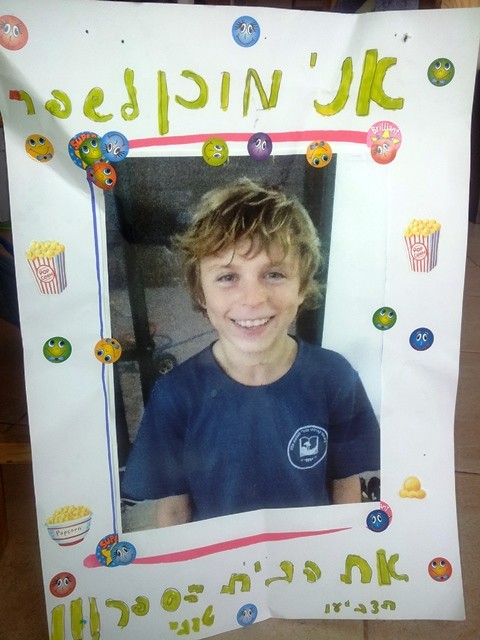“Everyone you know okay?
I SMSed my friend in Netanya.
This was only after I got confirmation that my two good friends in Tel Aviv were safe, and heard the same from my coworker who has an IDF-aged son stationed close to where it happened. My online Tel Aviv based “tweeps” had all reported in, as well.
They weren’t on the bus.
But names of injured have not yet been released.
So you never know.
Not yet.
Who was on the bus?
Was it a friend of a friend? The cousin of a neighbor?
Back when I lived in the States, especially when I worked for the Jewish newspaper, I always waited anxiously for the list.
You know which list, right?
The one with the names. The one with the ages. Sometimes, the one with pictures. Faces that would never change.
Back then, we would get the news feed by email and fax. The Jerusalem Post was the main English news source reporting from the region at the time, and the only one with an online presence.
Now, we get our news everywhere. Up-to-the-minute. Unconfirmed. Confirmed. BREAKING. Photos from the scene. Retweets from eye witnesses.
And, as a result of the very same phenomenon — social media — our circles have widened…and at the same time narrowed.
Take my circle, for example.
I live in Israel.
I have community in Israel.
My real-life community in Israel and my online community in Israel.
If I could maneuver Adobe Illustrator, I’d show you all the hands I’m holding online. They would extend to America, Great Britain, Canada, Italy, and even Gaza.
Now, not just because I live here, but because I have an extended community here, I know more people in Israel.
More potential victims.
And you know me.
Or you feel like you do because you read my blogs. You follow my twitter feed. You’re subscribed to my posts on Facebook.
We’re holding hands in that imaginary graphic.
And now …
BOOM!
You know someone who lives here.
Now, when you read the lists, you’ll scan for someone you know.
Knowing someone here makes the situation a lot more real.
Almost as real as it gets.
But still, not quite real.







